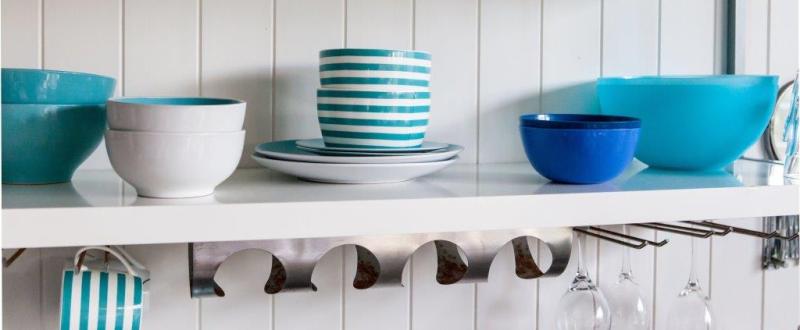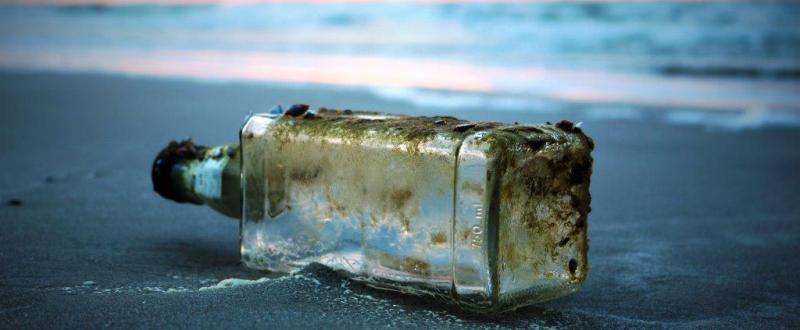One quick acceleration and I toppled backwards. An upended turtle, my view rocked from skyline to ceiling panels.
Leading our first mission team in 2011, we did all the things. Teaching on culture, prayer, and how to brush your teeth with bottled water. We collected passports, had a packing party, weighed suitcases. I tagged every bag with hot lime velour and ditched a slowpoke carry-on for a double-stuffed backpack. The first overseas flight for over half the group, we planned every detail to make it great.
We raced past airport artwork to the Skyway train for a tight connection. Counting heads as the doors closed, I forgot to brace my feet or take a handhold. Zero to thirty in 2.2 secs toppled me like a Jenga tower. It was almost comical. Over easy on Mt. Backpack, my head bobbed safely above the floor. Hands reached down to hoist me back up. No harm done, but a lesson to be learned–and relearned.
Self-care: care of oneself. Putting your own oxygen mask on first. Filling the cup you pour out of. We hear the message everywhere these days. You’d think it would be easier to actually do.
I’m not talking pedicures and pampering here, though those are nice applications. My style is more camping-ready than cocktail party, but I find time to adult my eyebrows and–why, God?–nose hair. What about white space and emotional health? How often do we focus on everything else to the point of falling over?
Honest truth: it’s nice to meet needs. If I can support someone in heart-details, our lives touch. I love that. Productivity feels like significance. It’s biblical. Multiply your talents to earn the “well done.” The days are short, make the most of every opportunity. Run with perseverance the race set before us.
There is genuine value in our every effort. There is a balance to find, also. The endorphin hit of crossing items off a to-do list can mask unresolved issues like hurt and emptiness.

These words started to whisper in the middle of a kid-free, responsibility-free space, celebrating our 20th wedding anniversary. It was amazing–and surprising. Without the treadmill hum of routine, my emotions demanded airtime.
Wait, what?
I ate good chocolate, read a good novel*, watched good movies, and started asking good questions. What had God and I done in the last 10 years? I sat and journaled out pages of mountaintops and valleys. The panorama gave me a chance to spot correlations. In every difficulty I faced, God grew some area of strength and beauty. Sometimes he provided. Sometimes he taught me to do without. From every vantage point, I saw blessing.
The boundary markers have fallen for me in pleasant places. It’s not an easy life, but it is a good one.
So why exactly was I out of whack?
We hiked the Grand Canyon for our getaway. The girl who fought panic on the roof of our house looked out over miles of gorgeous descent. It was breathtaking; it made my knees wobble. No safety lines or fences guarded the trails into the gorge. Every so often, I could look up and admire the horizon. Mostly, I had to focus on each steep step. I felt the open space beside me as a physical pull and leaned instinctively towards solid rock.
Life is that way. We often need to concentrate on the path to keep moving. It takes dedication to reach new destinations. But we miss a lot if we never make time to catch the view.
Open space emotions may startle us back to walls that feel safer, but they can also teach us wisdom we desperately need for the journey.
In the stillness, I began to understand. Five years of ministry trail have fatigued my grace along with the rest of me. As new projects and dreams come alive to pour into, I tend to crowd out what fills me up. I set goals and deadlines to push my heave-ho. Too often, I try to out-love and out-serve the lonely spaces and tender places of my day-to-day.
You know where this is going, right?
Living from exhausted resources eventually makes you crabby with everyone and everything that receives your efforts without caring for you in return. I have to take a brutal look at the scenery around me. Some of that giving has to stop. Dying-to-self that flows out of real love never leaves you feeling dead. Unbalanced relationships and endeavors usually do.
I have to get real with my messiness to figure out what I need to be healthy. I have to be humble enough to ask for it, from myself and others. I have to face up to my own limitations and set life-giving boundaries. I have to adjust my expectations.

A scene in the movie Catch Me if You Can shares the humorous parable of a mouse that fell into a pitcher of cream. The little beast scurried to stay afloat so furiously, for long enough, the cream churned into butter which the mouse climbed up to escape.
Will you hear my heart on a harsh truth I need to accept? No amount of flailing can save all the sweet mice I’d like in my life.
There is only so much me. When I live out of the fullness Jesus offers, I can do all things, but not all at the same time. To be filled with love, I have to nurture it inside myself. Love needs time and space, spiritual sunlight and water, truth and rest. I can’t expect people to do the work for me. I have to practice caring for myself, so I can care well for others as the Lord leads.
“Self-care is never a selfish act—it is simply good stewardship of the only gift I have, the gift I was put on earth to offer others. Anytime we can listen to true self and give it the care it requires, we do it not only for ourselves, but for the many others whose lives we touch.”
–Parker Palmer as quoted in Emotionally Healthy Spirituality by Peter Scazzero
Circle back around. Falling over is neither noble nor necessary. Everyone has their own brightly colored talents and zippered schedules to fill. We get to choose what to carry, what to declutter, and how to reach out for support. Self-care is an ongoing process, a spirit-led conversation. A one-and-done checkbox might be easier, but would never teach us how to be the unique blessing God has in mind.
When our load lines up with the Lord’s best for us, we can serve in a way that brings life to everyone–including ourselves. When we are soaked in his presence and walk in healing care, we can take up our cross daily and really live.
Do you ever find yourself suffocated by the effort to do it all? How do you get free? What does self-care look like in your life?
*What Alice Forgot by Liane Moriarty is poignantly hilarious. Alice wakes up not remembering the last 10 years of her life, and finds a whole new perspective on her present. Check it out.
The post Self-Care: When Dying to Self is Killing You appeared first on thegoodnewsfamily.com
Photos by Savvas Kalimeris and Cristina Gottardi on Unsplash


 Clean something.
Clean something. 

 Mini Marts Everywhere.
Mini Marts Everywhere.


